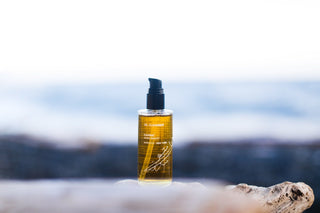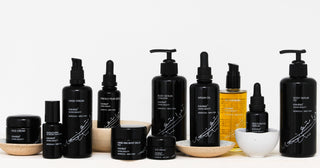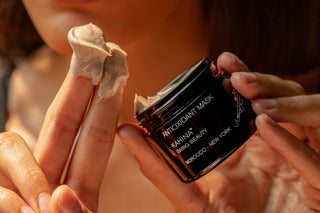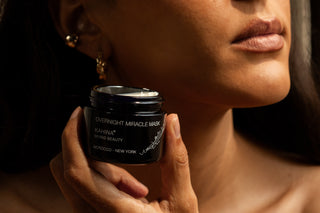At this point most people would probably agree that using cosmetics made with naturally and organically farmed ingredients is healthier for our bodies and for the planet, keeping pesticides out of our systems and the environment. The good news is that more and more people are discovering what other cultures have long known: that natural/organic ingredients are as, if not more, effective than their synthetic counterparts. But making sense of the bodies that certify these products is not so simple.
Reading cosmetic labels can be confusing - and sometimes impossible with the amount of information on tiny packages. Third party certification provides a stamp of approval for customers so they can be confident that there is nothing harmful in their cosmetics and that they are sustainably produced. But the competing standards in the US and overseas is confusing. In the US alone, there are three leading certifiers: NPA, NFS and USDA. In Europe, the main five European standards include Ecocert in France, Soil in England, BDH in Germany, and ICEA in Italy. These five will soon be harmonized under the Cosmos certification.
Whether certified natural or organic, our goal is to provide the most effective skincare possible while protecting the health of consumers and the environment. Being certified can provide a degree of confidence to consumers that they are doing nothing harmful for their bodies or the planet. We chose France-based Ecocert, the largest and oldest international certifying body.
I discovered through our efforts that the process of becoming certified is not easy, and I applaud all cosmetics companies, certified or not, who produce healthy products with a vision of protecting consumers and the planet. For those looking for effective skincare, the choice isn't about "what is more organic", but which companies have the right intentions and which products work best for ones skin.




